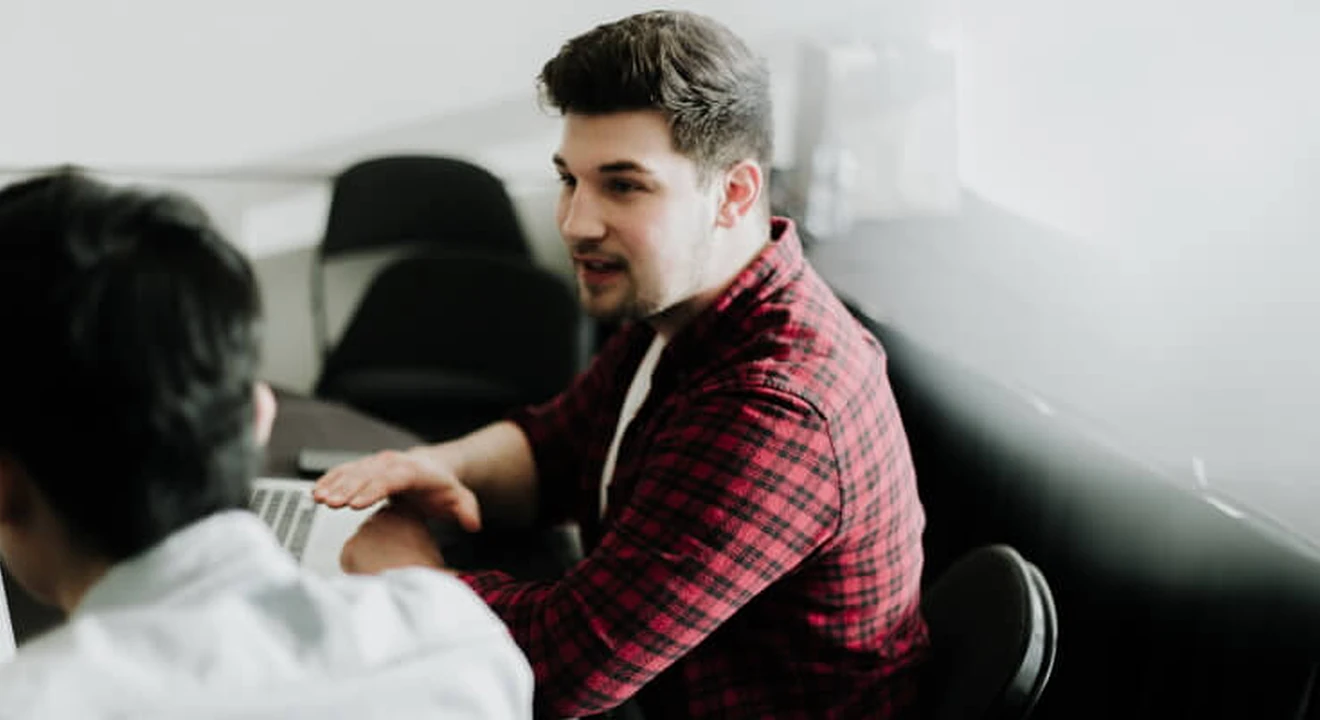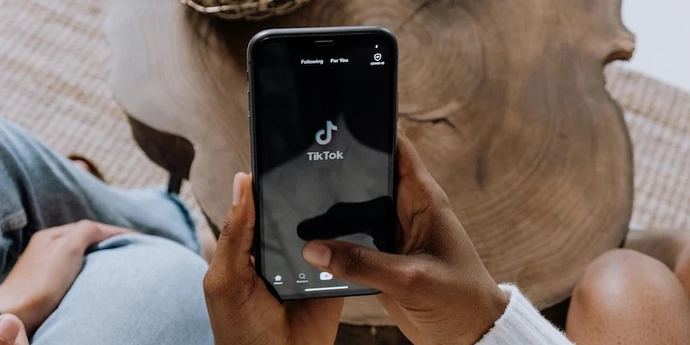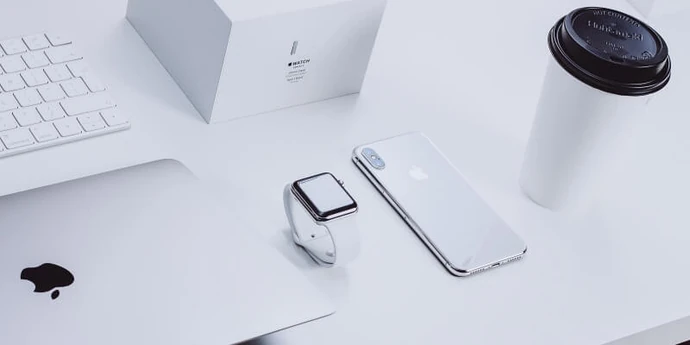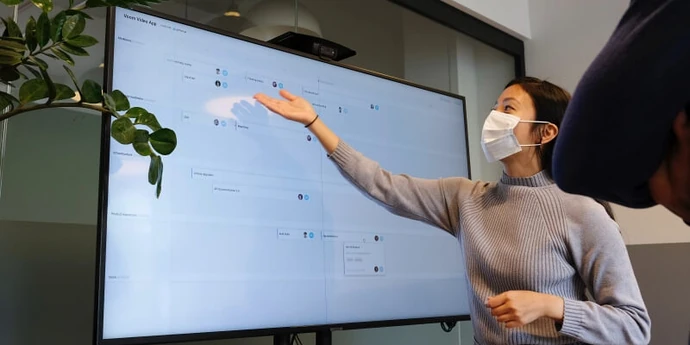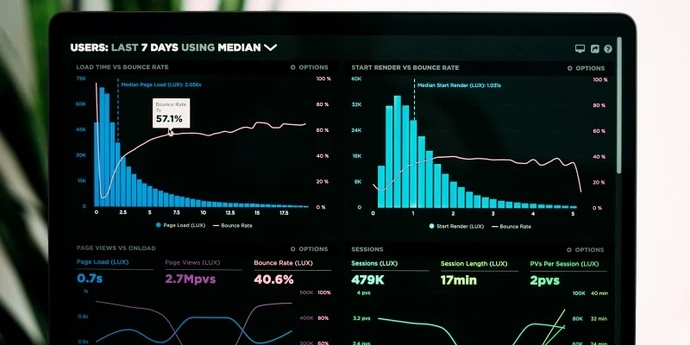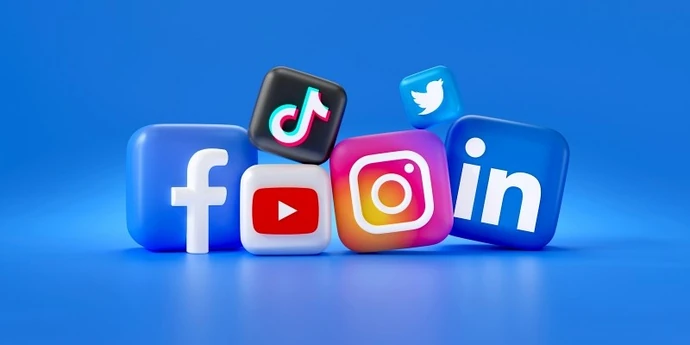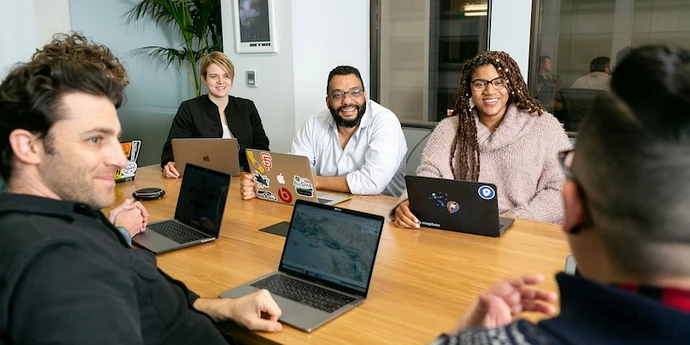This guide is designed to be the perfect starting point for your product manager interview preparation.
Step by step, we’ll show you exactly how to prepare, share expert insights, and point you to top free resources.
We’ve helped thousands of PMs land jobs at Meta, Google, and Amazon. Now, we’ve distilled everything into five key steps to help you do the same.
- Step 1: Research your target company
- Step 2: Prepare for all PM question types
- Step 3: Deep-dive (links to top PM resources)
- Step 4: Do free mock interviews
- Step 5: Get feedback from experts
Ready? Let's go.
Click here to practice 1-on-1 with FAANG ex-interviewers
Step 1: Research your target company
Whether you're interviewing at FAANG or a start-up, your interviewers will expect you to thoroughly research the company.
Familiarize yourself with the company's mission statement, core values, and the range of products and services they offer. Highlight how your work can contribute to their goals.
"You're going to literally want to cite the company's mission back at them. If you're interviewing remotely, write it on a post-it note and stick it on your laptop!" Mark, Senior PM ex-Meta/Google.
You also need to know that different companies handle the PM interview process differently.
For example, Amazon heavily emphasizes their 16 Leadership Principles during their interviews, and Uber uses "jam sessions" (which are kind of like brainstorming sessions) to evaluate their PM candidates.
To help you, we've put together the free company guides below, which go into detail on each company's interview process and how to best prepare for it.
- Airbnb product manager interview guide
- Amazon product manager interview guide
- Apple product manager interview guide
- Capital One product manager interview guide
- Coinbase product manager interview guide
- DoorDash product manager interview guide
- Google product manager interview guide
- Google APM interview guide
- LinkedIn product manager interview guide
- Lyft product manager interview guide
- Meta product manager interview guide
- Meta RPM interview guide
- Microsoft product manager interview guide
- Netflix product manager interview guide
- Nvidia product manager interview guide
- OpenAI product manager interview guide
- Oracle product manager interview guide
- Spotify product manager interview guide
- Stripe product manager interview guide
- TikTok product manager interview guide
- Uber product manager interview guide
Not applying to the companies listed above? No problem—this guide is still 100% relevant if you're interviewing at a large company with a structured hiring process.
For smaller startups, the interview format can vary, but the topics we cover here are still your best bet for preparation.
Step 2: Prepare for all product manager question types↑
PM interviews are tough because they cover a wide range of question types.
To make prep easier, we’ve broken them down into eight key categories.
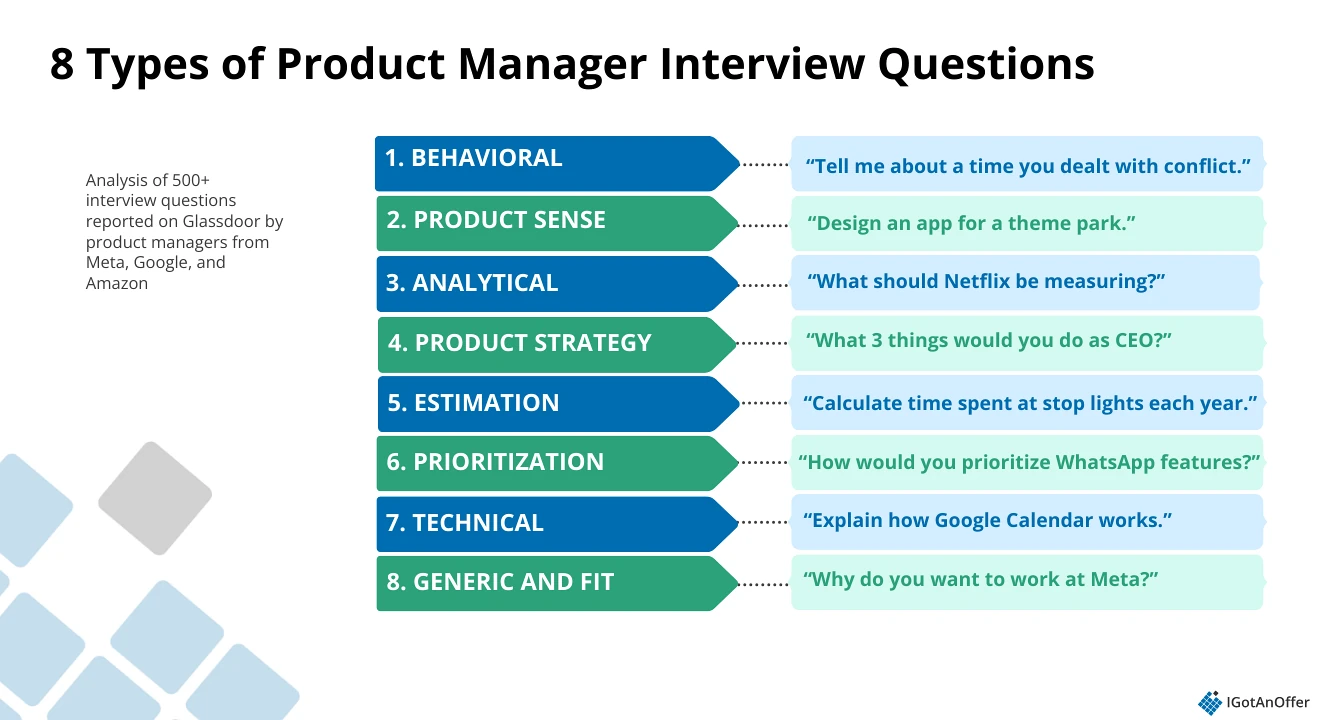
- Behavioral and leadership
- Product sense
- Analytical
- Strategy
- Estimation
- Prioritization
- Technical
- Generic & fit
Below, you’ll find an overview of each category. Click the links to dive deeper—they'll take you to specific guides, complete with answer frameworks and real example questions.
Ready? Let’s go.
2.1 Behavioral and leadership questions
Tech companies use behavioral interviews to assess job candidates based on their past experiences. These questions typically start with “Tell me about a time you…” and focus on soft skills such as leadership, communication, teamwork, problem-solving, etc.
- Tell me about a time you demonstrated product leadership.
- Tell me about your most significant accomplishment. Why was it significant?
- Tell me about a time you solved a team conflict.
You may have a specific interview dedicated to these soft skill questions, often with a focus on leadership.
"Time your answers. Make sure they're 5 minutes or less because that's the kind of time boundary they're looking for. No matter what company you're targeting, you can use Amazon's leadership principles as a guide and make sure your answers always hit at least one of these principles." Mark, Senior PM ex-Meta/Google.
Here are some great resources for preparing for behavioral questions.
- Read:
- 16 most-asked behavioral questions (by IGotAnOffer, includes method, tips, and example answers)
- 8 most-asked PM behavioral interview questions (by IGotAnOffer, includes method, tips, and example answers)
- STAR method for PMs (nice explanation by Product Managers Club)
- Leadership primer for tech interviews (with Nupur D, overview of leadership topics and how to talk about them)
- Watch:
- FAANG PMs answer 7 behavioral and fit questions (by IGotAnOffer)
- Ex-Stripe and TikTok PM answers behavioral questions (by Dianna Yau)
- How to ace the STAR method (by Amazon)
2.2 Product sense (design)
Product sense or product design questions should probably be your number one priority when preparing for your product manager interviews.
They get asked very frequently at most companies and are hard to crack if you're unprepared.
You’ll often be given 45–60 minutes to design a completely new product. Alternatively, you might be asked to improve your favorite product or a well-known product.
- Design an umbrella for kids.
- Design a Facebook experience around movies.
- How would you improve Google Chrome?
- What's your favorite product and how would you improve it?
"Product sense is the most important interview at these companies. You should prioritize preparing for product sense questions. Be ready to create wireframes, mock-ups. Take a piece of paper in with you to the product sense interview and be ready to scribble out a rough design." Mark, Senior PM ex-Meta/Google.
Here are some great resources for preparing for product design/sense questions.
- Read:
- How to crack product sense interviews (by IGotAnOffer)
- How to develop product sense (Lenny's Newsletter)
- How Spotify Builds Products (by Henrik Kniberg, relevant to any company)
- Watch:
- 5 Product design mock interviews (by IGotAnOffer)
- Design an experience for Facebook around movies (by Exponent)
2.3 Analysis/metric questions
Analysis interview questions test if candidates can perform data analysis and select key metrics that matter most to the success of a product. There are two types of metric questions: metric definition questions and metric change questions.
Metric definition questions focus on your ability to define metrics that provide clarity on the health of a product or feature.
Metric change questions test if you know what to do when a key product metric (e.g. traffic, revenue, engagement, etc.) is going up or down for no apparent reason.
- Define success metrics for YouTube.
- What topline metric goal would you set for Airbnb?
- Imagine that Instagram engagement drops 10%. What do you do?
"You should be schooled on all the activation metrics - adoption, engagement, quality...etc. - there are dozens of metrics in there and you need to be solid on them all. Often, I think people don't think enough about retention and especially at Meta, that's a huge metric and it's becoming more important at different companies too." Mark, Senior PM ex-Meta/Google.
Here are some great resources for preparing for metrics and analysis questions.
- Read:
- How to crack metrics questions in PM interviews (by IGotAnOffer)
- 21 metrics every PM should know (Ankush Panday on Medium)
- Watch:
- Metric change question with ex-Facebook PM (by IGotAnOffer)
- Defining success metrics for a product (by PM School)
- How to answer: Metrics to Measure Success (by LiftOff PM)
2.4 Product strategy
Product strategy questions assess how well you think about a wide range of aspects when making product decisions, such as competition, pricing, marketing, time to market, etc.
Strategy questions may also test how capable you are of setting the product vision and articulating a roadmap to deliver it.
- How would you increase bookings on Airbnb?
- How is AI changing product management?
"Strategy questions can seem very conceptual, but you need to try and make your answer data-driven. Talk about the reach and impact of your solutions." Jason, ex-Amazon PM
Here are some great resources for preparing for strategy questions.
- Read:
- How to crack product strategy interview questions (by IGotAnOffer)
- Stratchery blog (by Ben Thompson)
- Watch:
- How to answer strategy questions (Diego Granados)
- Strategy is not a plan (Harvard Business Review)
- How to scale your start-up with growth levers (Matt Lerner)
2.5 Estimation/Guesstimate
Estimate or guesstimate questions come up in quite a few product manager interviews, often in the context of market sizing.
- Estimate the time spent at stoplights each year.
- What is the market size for driverless cars?
- How many Google docs are created daily?
- How many kindergarten teachers are there in the US?
You'll need to be confident enough with numbers to make rough, back-of-the-envelope calculations, but the real key is to use a structured response and to segment your user base.
"The interviewer isn't that interested in the final number you get to. You're being judged on the process you use and the ability to explain your thinking." Akshat, ex-Google PM.
Let's look at some prep resources:
- Read:
- How to answer estimation questions for product managers (by IGotAnOffer)
- 60 problems and solutions for Quant Case interview questions (Lewis Lin)
- Watch:
- Estimate time spent at stop lights, with ex-Google PM (by IGotAnOffer)
2.6 Prioritization and trade-off questions
Analyzing trade-offs is key to the decision-making process for PMs, and so questions that involve some consideration of trade-offs will often come up in interviews.
- How would you prioritize WhatsApp group chat features?
- How would you prioritize features for Google painting app?
You must be able to identify the downsides of your choices, and why they are outweighed by the advantages.
- Read:
- How to answer prioritization and trade-off questions for product managers (by IGotAnOffer)
- Using the RICE framework (by Intercom)
- Watch:
- Prioritize WhatsApp features with ex-Facebook PM (by IGotAnOffer)
2.7 Technical questions
Some companies ask technical questions to test how well you understand relevant technical concepts to the position you’re applying for.
- How does Google Docs work?
- Explain how APIs work.
- Explain the difference between C++ and Java.
While not usually required to code, a solid understanding of software development processes, system design, and technical challenges is crucial. Be able to discuss technical trade-offs and work effectively with engineering teams.
If you're looking to transition to AI product management, you will need to have a good grasp of AI basics. Check out our guide to AI PM interview questions to kickstart your prep for this specific role.
"You need to understand how the big blocks work together. You don't need to know how to code, but you do need to know how things kind of work and be able to communicate about them." Mark, Senior PM ex-Meta/Google
Here are some great resources for preparing for technical questions.
- Read:
- Become a more technical product manager (Lenny's newsletter)
- How to answer technical product manager interview questions (by IGotAnOffer)
- How to answer system design interview questions (by IGotAnOffer)
- Watch:
- Questions that engineers ask product managers (by Dianna Yau)
2.8 Generic & culture fit
Some of the questions you'll be asked, especially at the early stages, will be fairly generic and could be expected in any interview process: standard questions about your experience, suitability for the role, etc.
You can also expect questions that test your motivation for the role and the company - we call these "fit" questions, though they're often referred to as "cultural fit questions".
- Tell me about yourself.
- Why do you want to work at this company?
- What makes a good product manager?
Generic and fit questions are relatively easy to answer, but that doesn't mean you shouldn't prepare for them. While you don't want to learn a script, you should still plan and structure your answers.
- Read:
- How to answer the "Why this company?" interview question(by IGotAnOffer)
- Watch:
- FAANG PMs answer "Tell me about yourself" (by IGotAnOffer)

Step 3: Deep-dive into more resources↑
The resources above give you a solid foundation on key PM topics, but to truly master them, you'll sometimes need to go deeper.
Here are some deep-dive resources that you may find useful.
Read
- Cracking the PM interview (McDowell and Bavaro). Gayle Laakmann McDowell worked for Google, Microsoft, and Apple and served on Google's hiring committee. Jackie Bavaro was most recently Head of Product at Asana, and previously a PM at Google and Microsoft.
- Swipe to Unlock: A Primer on Technology and Business Strategy (Mehta, Detroja, and Agashe). This is a great book for candidates looking to strengthen their knowledge of how technology works at top tech companies and better understand the strategy used to make certain product decisions. It breaks down many complicated tech industry concepts in a simple way (e.g. APIs, cloud computing, hacking and security, etc.), often with helpful visuals (e.g. diagrams that simplify complex product logic), which makes them easy to understand.
- Decode and conquer (Lewis C. Lin). Lewis is a former Director of Product Management at Microsoft. In just ~200 pages, the book provides lots of detailed example answers to questions you can expect in PM interviews
Watch
- IGotAnOffer PM has around 20 mock interviews showing high-quality answers. The candidates are always PMs who've worked at Google, Meta, or Amazon.
- For sheer volume of mock interviews, it's hard to beat Exponent.
Listen
None of the items below are about PM interviews, but nevertheless, it can be worthwhile to immerse yourself in high-quality conversations around product management ahead of your interview.
- Lenny Ratskingky's podcast: deep dives with top PMs, founders, and operators on building great products.
- A16z podcast: expert takes on tech, startups, and product trends from Andreessen Horowitz insiders.
- How I built this: inspiring founder stories and behind-the-scenes looks at how iconic companies were built.
- This is product management: it's no longer running, but you can scroll through past episodes to find some real deep-dives into PM topics with some very knowledgeable and experienced guests.
By the way, we have zero affiliate relationships with the third-party resources above, they're just our independent recommendations!
Step 4: Do free mock interviews↑
Learning the question types and the specific interview process for your favorite company will go a long way in helping you prepare.
And deep-diving with the right resources will take you further. But it's not enough to land you a PM job offer.
To succeed in your PM interviews, you're also going to need to practice under realistic interview conditions so that you'll be ready to perform when it counts.
The easiest way to start practicing under simulated interview conditions is to practice interview questions out loud or with peers.
- Free mock interview platforms:
- Pramp (now called Exponent Practice) gives you 5 free credits for peer-to-peer mocks
- InterviewBit also lets you do some free peer-to-peer
- ADP list is more for finding mentors but some people manage to set up free mocks
Doing mocks with peers can be very worthwhile, but be warned, you may come up against the following problems:
- It’s hard to know if the feedback you get is accurate
- They’re unlikely to have insider knowledge of interviews at your target company
- On peer platforms, people often waste your time by not showing up
For those reasons, many candidates skip peer mock interviews and go straight to mock interviews with an expert.
"I think the quality of feedback you get from a professional mock interviewer is just way, way higher than with a friend or peer." Mark, Senior PM ex-Meta/Google.
Step 5: Get feedback from experts↑
In our experience, practicing real interviews with product manager interview coaches makes a huge difference, as it allows you to:
- Test yourself under real interview conditions
- Get accurate feedback from a real expert
- Build your confidence
- Get company-specific insights
- Learn how to tell the right stories better.
- Save time by focusing your preparation
Landing a job at a big tech company often results in a $50,000 per year or more increase in total compensation. In our experience, three or four coaching sessions worth ~$500 make a significant difference in your ability to land the job. That’s an ROI of 100x!






